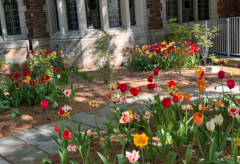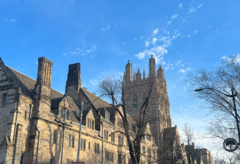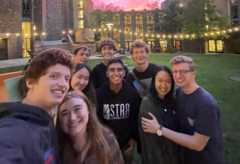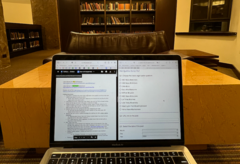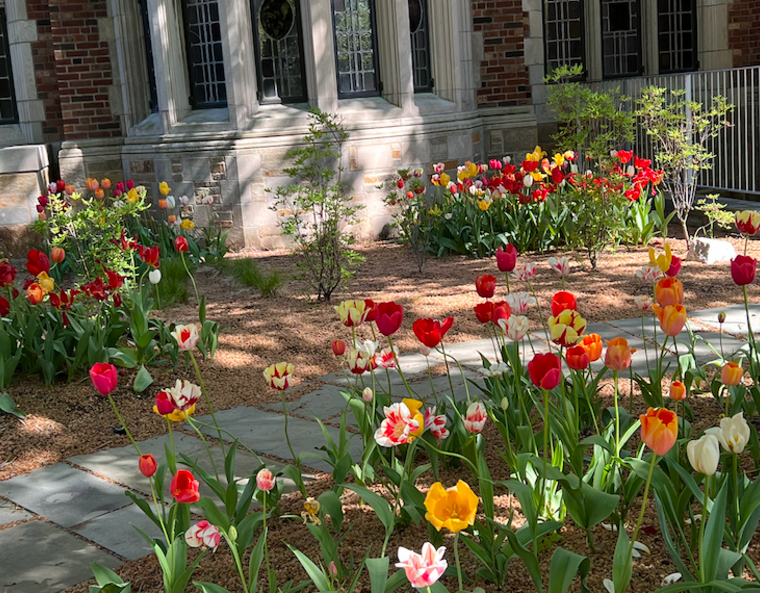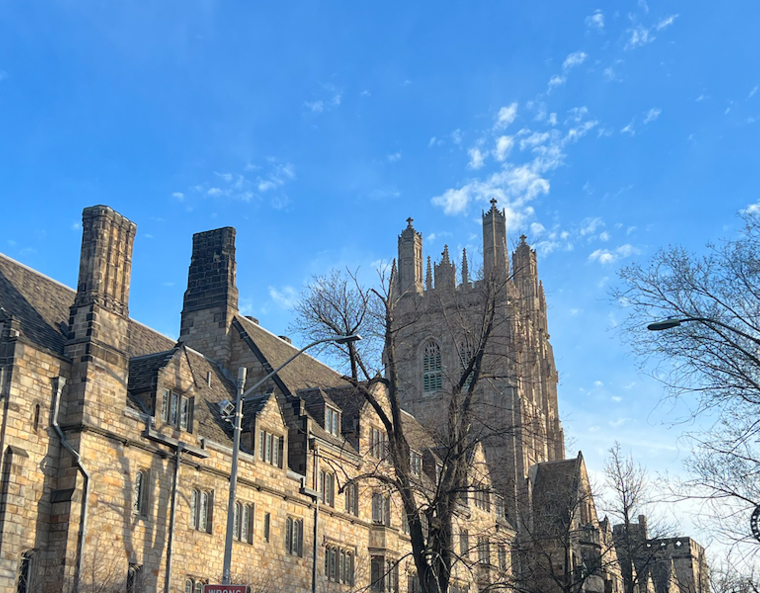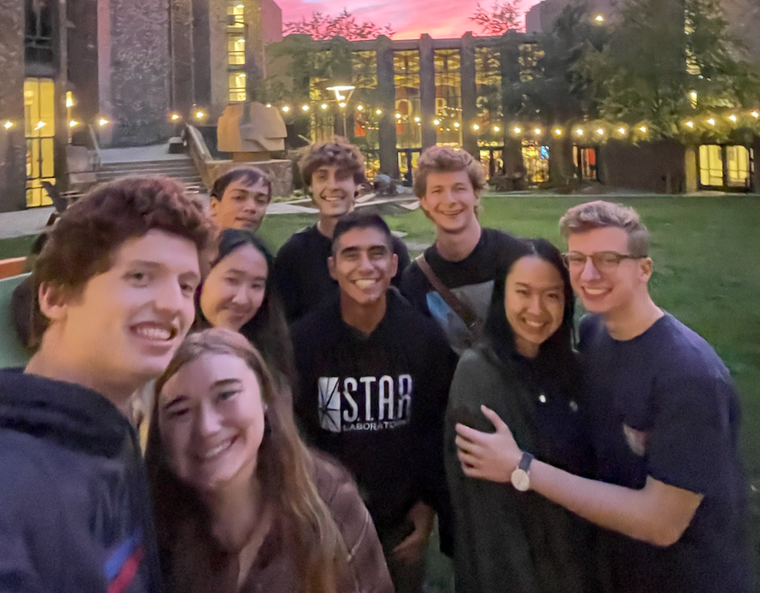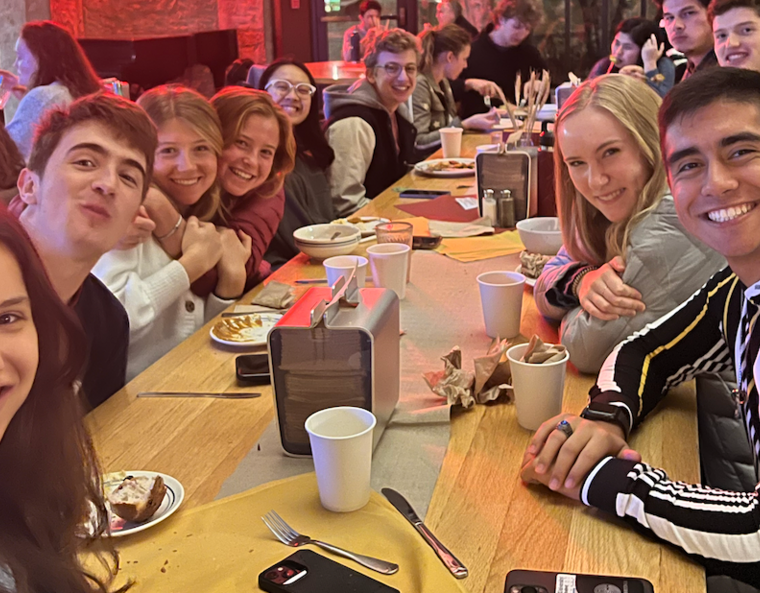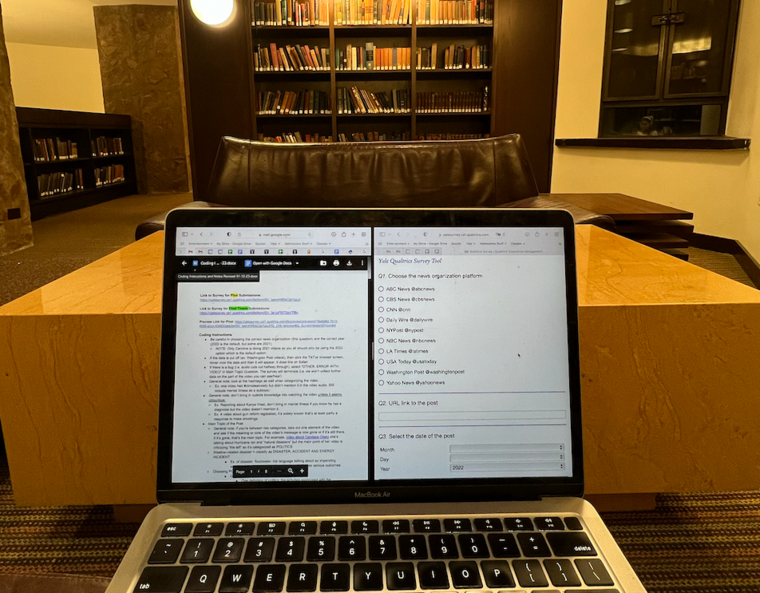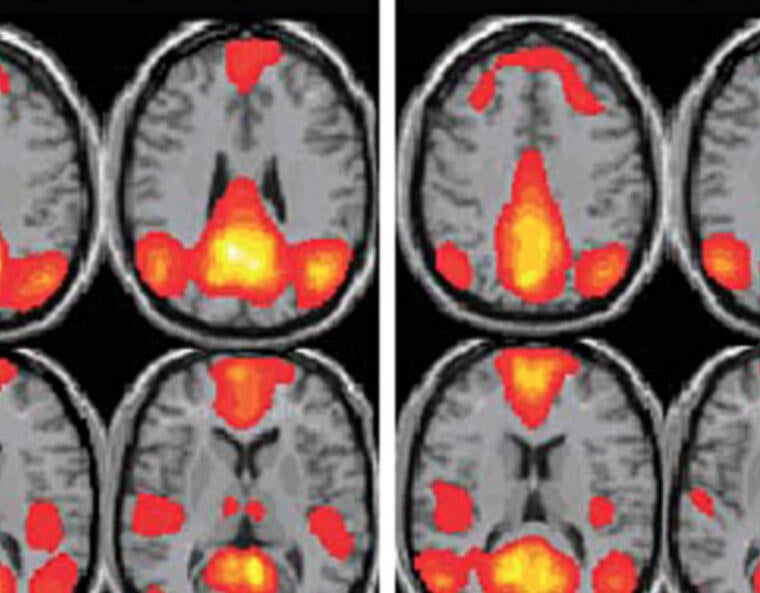
When I was applying to college, I remember thinking a lot about what my major would be; I knew I was broadly interested in the brain but it was sometimes hard to figure out what the best path to study that would be at each school. Most people just think of the standard psychology major when thinking about studying human behavior; however here at Yale we have several majors that allow students to learn about the brain and behavior from multiple different perspectives. As someone who has considered most of these majors at one point or another, I thought it would be interesting to create a definitive guide to brain-related majors at Yale.
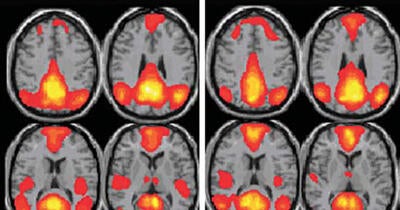
This is the most common major people think of when thinking about the study of the brain and behavior, and it’s my major! The psychology major is most broadly focused on understanding human behavior from several different perspectives (social, scientific, etc.). Yale’s psychology major requires a wide breadth of classes but also provides room for concentration in a specific sub-area, so no two psychology majors take the same mix of classes. There is also room for further concentration with the neuroscience track which incorporates biology and upper level science classes into the standard major. Psychology majors can expect to take classes in statistics, research methods, social psychology, cognitive science, and neuroscience.
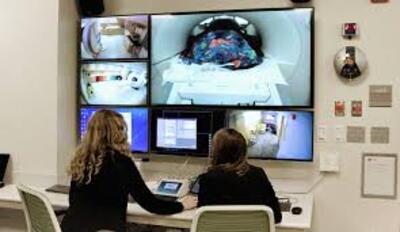
The neuroscience major is offered jointly by the Molecular, Cellular, and Developmental Biology and Psychology departments.
Most broadly, neuroscience majors study how the brain works from a molecular to a behavioral level. The neuroscience major is fairly broad, much like the psychology major, but it is more focused on the natural science perspective and requires that students take more basic science classes. I heavily considered this major, but ultimately decided I wanted a slightly broader perspective and needed less of an emphasis on the basic sciences. However, I still find the subject really fascinating, so I elected to do the neuroscience track of the psychology major. Neuroscience majors can expect to take classes in biology, chemistry, physics, psychology, mathematics, and computer science.
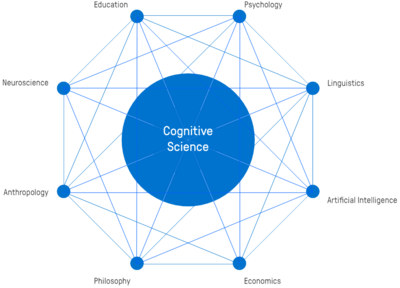
The cognitive science major is a unique major and it was actually my first choice when I applied. This is an interdisciplinary major that spans six different subject areas and is most broadly focused on understanding the mind from a scientific and philosophical perspective.
Cognitive science majors create a custom roadmap of courses that are focused on a theme. Previous themes have included topics like gender and prejudice, law and politics, human-computer interaction, and numerical cognition. This system makes the major super malleable to students’ specific interests while maintaining the breadth of the field at large. Students are expected to take a wide variety of courses in psychology, neuroscience, economics, computer science, philosophy, and linguistics.

Computer Science and Psychology
Computer science and psychology is a joint major that’s similar to a double major except the courses are already planned out by the departments and students don’t need to complete twice as many courses as a typical major. Students who major in this area largely focus on the intersections between the two fields and study topics like artificial intelligence and human-computer interaction. I didn’t consider this major, but it’s a great opportunity to bring these two sometimes disparate fields together while still studying each in depth. Computer science and psychology majors can of course expect to take courses in computer science and psychology but will also take classes that cover mathematics, statistics, and cognitive science.
There are several other majors that have courses that focus on these areas; departments such as Molecular, Cellular, and Developmental Biology; History of Science, Medicine, and Public Health, Economics, and even Philosophy all have classes that talk about the brain or human behavior in some way. The great thing about a liberal arts school like Yale is that there are so many different perspectives on a singular topic and there are lots of different approaches to studying the same subject. I’ve really enjoyed exploring all these options while at Yale and I think it’s given me a much more expansive view of what studying the brain can look like.
